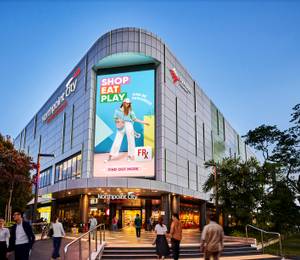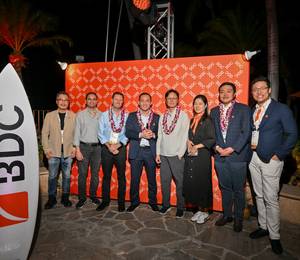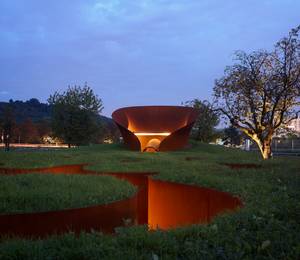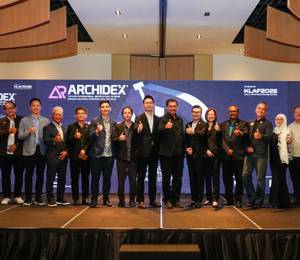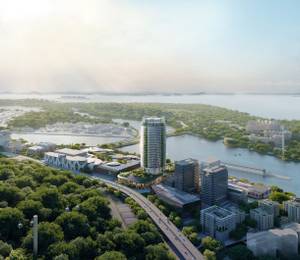Chennai, India – L&T Construction, the construction arm of the US$21 billion technology, engineering & construction conglomerate, Larsen & Toubro, announced having successfully 3D printed a G+1 (Ground plus one) Building with reinforcement for the first time in India. With the country aggressively pursuing the objective of creating 60 million houses under the Housing for All by 2022 programme, this achievement will certainly give a huge fillip for the mass housing segment. “3D concrete printing is one of the technology disruptors with the potential to radically redefine construction methodologies and I am extremely happy that by demonstrating our growing expertise in 3D printing, we are well positioned to push the boundaries of automated robotic construction,” said Mr. M V Satish, Whole Time Director & Senior Executive Vice President (Buildings). “3D printing will not only accelerate the pace of construction but also significantly improve build quality,” he added.
L&T has 3D printed a Ground + 1 building of 700 square feet feet built up area at their Kanchipuram facility with a special, in-house developed concrete mix using indigenously available regular construction materials. The building was printed with both vertical reinforcement bar and horizontal distributors using welded mesh, that satisfy provisions in the Indian Codes and optimize the cost of construction. Except for the horizontal slab members, the entire building structure was 3D printed ‘Cast in Situ’ at the job site in an ‘open to sky’ environment within 106 printing hours, using a fully automated 3D printer.
3D printing is a process, in which the material is printed under computer control to build a 3-dimensional product, typically layer by layer. It is predominantly used in manufacturing industries to print rapid prototypes, complex shapes and small batch production using special polymers, metal alloys etc. 3D printing with concrete is still largely work in progress across the globe.
Earlier in November 2019, the team had 3D printed 240 square feet 1 BHK, in line with typical EWS building layout, to explore the feasibility of this innovative technology.

